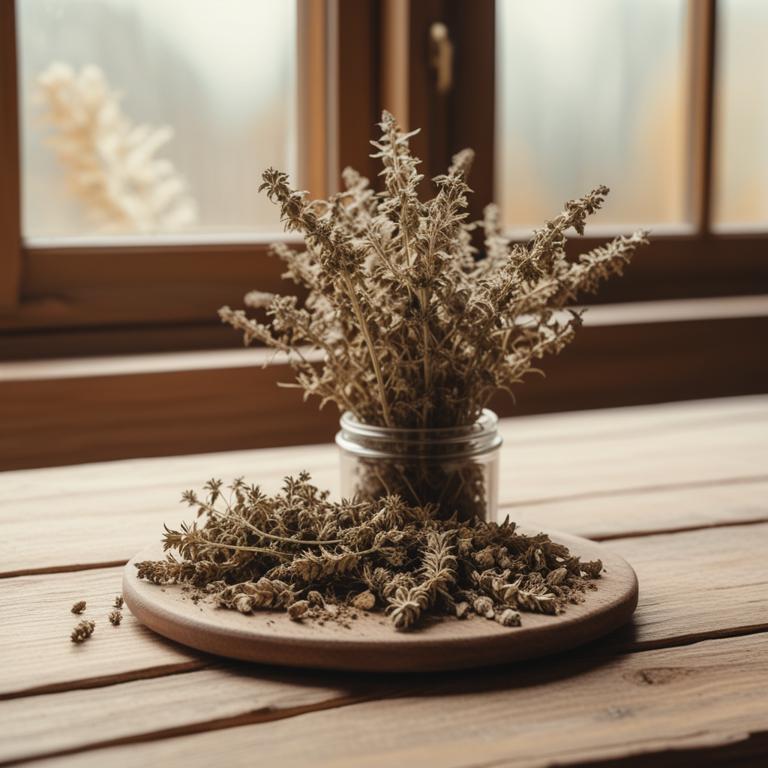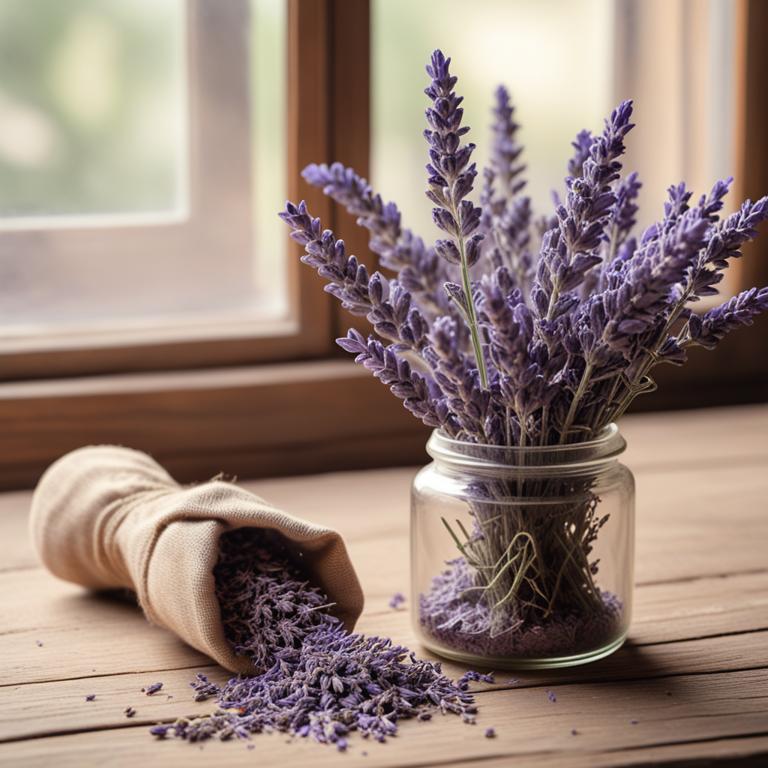Updated: Dec 1, 2024
Managing High Cholesterol with Medicinal Herbs and Proven Preparations
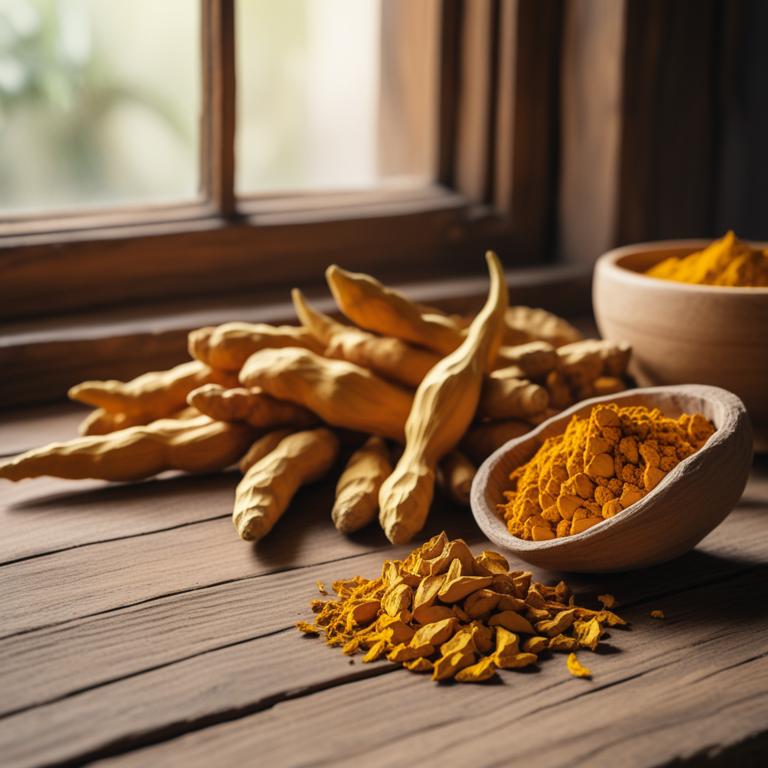
High cholesterol is a condition where there's too much bad cholesterol in your blood.
It can cause heart attacks, strokes, and even death. When you have high cholesterol, your blood vessels can become blocked, making it hard for your heart to get the blood it needs. This can lead to fatigue, shortness of breath, and chest pain. The main causes of high cholesterol are a diet high in saturated fats and sugar, lack of exercise, and sometimes a family history of the condition. When you eat too much of the wrong foods, your body starts to store the excess fat in your blood vessels.
This can lead to high cholesterol levels. Herbal remedies have been used for centuries to help lower cholesterol levels. Plants like garlic, ginger, and turmeric contain compounds that can help reduce bad cholesterol and increase good cholesterol. These herbs work by improving circulation, reducing inflammation, and helping your body to break down excess fat. To use these herbs, you can try making teas, infusions, or tinctures. Garlic tea can be made by steeping garlic cloves in hot water, while ginger tea can be made by steeping fresh ginger in hot water.
You can also take capsules or supplements of turmeric, which is often combined with black pepper to enhance its effects.
Table of Contents
- What contributes to high cholesterol?
- What are the benefits of using herbal remedies to lower high cholesterol?
- What medicinal herbs have been proven to help control high cholesterol?
- What are the top herbal preparations for managing high cholesterol?
- What herbs should you steer clear of if you have high cholesterol?
- FAQ
What contributes to high cholesterol?
The main causes of high cholesterol are a combination of factors that contribute to high levels of bad cholesterol in the blood.
Genetics play a role, as some people are born with a genetic predisposition to high cholesterol, which can be passed down from parents. This means that if your family members have high cholesterol, you may be more likely to have it too. Diet is also a major contributor to high cholesterol. When we eat too much saturated and trans fats, found in foods like butter, lard, and processed snacks, it can raise our cholesterol levels. Consuming too much cholesterol-rich foods like egg yolks and organ meats can also contribute to high cholesterol. On top of that, a diet low in fruits, vegetables, and whole grains can also lead to high cholesterol.
Obesity is another significant cause of high cholesterol. When we carry excess weight, particularly around our abdominal area, it can lead to insulin resistance, a condition that increases the production of bad cholesterol. This is because excess fat cells produce hormones that raise cholesterol levels. Smoking is a major risk factor for high cholesterol, as it damages the inner lining of blood vessels, making them more prone to narrowing and hardening. When blood vessels become narrowed, the heart has to work harder to pump blood, which can lead to high blood pressure and high cholesterol. Lastly, diabetes is a significant contributor to high cholesterol. When we have diabetes, our bodies become resistant to insulin, a hormone that regulates blood sugar levels.
This resistance can lead to high levels of bad cholesterol, as the body tries to compensate for the lack of insulin by producing more bad cholesterol.
What are the benefits of using herbal remedies to lower high cholesterol?
Using herbs to help manage high cholesterol can be a great way to lower your risk of heart disease.
One of the main benefits is that they can help lower your overall cholesterol levels by reducing the amount of bad cholesterol in your blood. This is because certain herbs have natural compounds that can block the absorption of cholesterol in the gut, or even help remove it from the bloodstream.
By reducing the amount of bad cholesterol, herbs can also help prevent the buildup of plaque in your arteries, which can lead to heart attacks and strokes. Additionally, some herbs have anti-inflammatory properties, which can help reduce inflammation in the body and improve blood flow to the heart.
This can also help to lower blood pressure and reduce the risk of heart disease.
What medicinal herbs have been proven to help control high cholesterol?

Herbs can be a great way to help manage high cholesterol levels.
Let's take a look at some of the most effective ones. Ginkgo biloba is known to improve blood flow and lower blood pressure, which can help reduce the risk of heart disease associated with high cholesterol. Salvia miltiorrhiza, also known as Chinese sage, has been shown to improve blood vessel function and reduce inflammation in the body, both of which can contribute to high cholesterol. Another herb that's been found to be helpful is Trifolium pratense, or red clover. It contains isoflavones, which can help lower LDL (bad) cholesterol levels and increase HDL (good) cholesterol levels.
This herb can also help to reduce the risk of heart disease by improving blood vessel function and reducing inflammation. Panax ginseng, or Asian ginseng, has been traditionally used to improve blood circulation and lower blood pressure, which can help to reduce the risk of heart disease associated with high cholesterol. It also has anti-inflammatory properties, which can help to reduce inflammation in the body that contributes to high cholesterol. Finally, Allium sativum, or garlic, has been found to have several benefits for people with high cholesterol. It contains compounds that can help to lower LDL cholesterol levels and increase HDL cholesterol levels. Garlic also has anti-inflammatory properties and can help to improve blood vessel function, both of which can contribute to reducing the risk of heart disease.
These herbs work in different ways to help manage high cholesterol, but they all have one thing in common: they can be a useful addition to a healthy lifestyle that includes a balanced diet and regular exercise.
What are the top herbal preparations for managing high cholesterol?
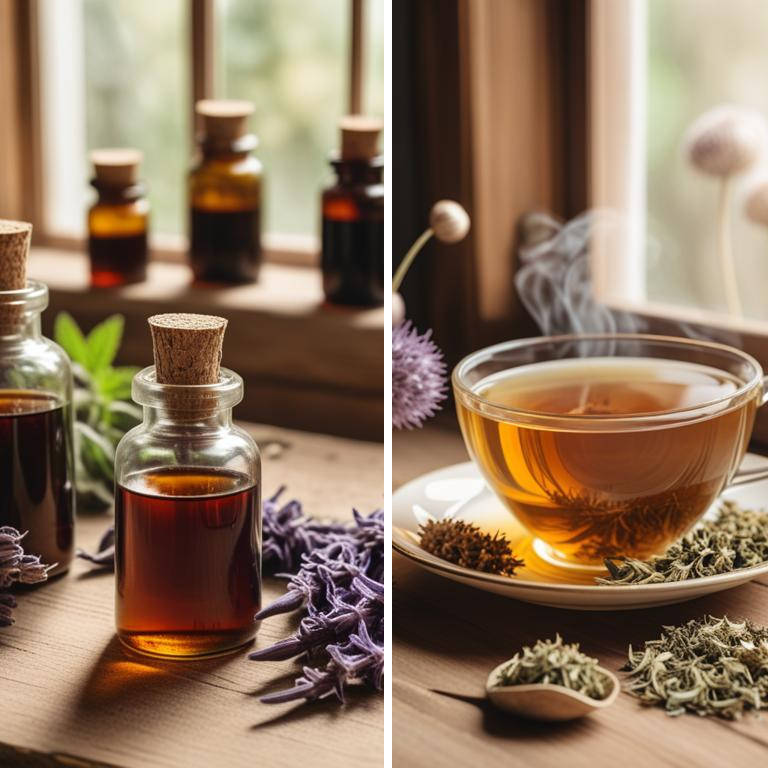
Herbal preparations can be a great way to help manage high cholesterol.
For example, a capsule made from omega-3 rich fish oil, like cod liver oil, can help lower triglycerides and improve overall heart health. Tinctures, which are concentrated liquids, can be made from herbs like garlic and ginger, both of which are known for their ability to lower cholesterol levels by inhibiting the production of LDL (bad) cholesterol.
Decoctions are like strong teas, made by simmering herbs in water, and can be made from plants like guggul, which has been shown to lower LDL cholesterol and improve blood lipid profiles. Infusions are like delicate teas, made by steeping herbs in hot water, and can be made from herbs like hawthorn, which helps to improve blood vessel function and lower blood pressure. Drinking hawthorn tea, which is a type of infusion, regularly can also help to lower triglycerides and reduce the risk of heart disease.
Tea, in general, can be a great way to incorporate herbs into your diet, and many teas, such as green tea and peppermint tea, have been shown to help lower cholesterol levels and improve heart health.
Additional Resources:
What herbs should you steer clear of if you have high cholesterol?
If you have high cholesterol, it's best to be cautious with certain herbs that might affect your health.
For example, Ephedra sinica contains a compound called ephedrine, which can increase your heart rate and blood pressure, making it harder for your body to manage high cholesterol. This can be a problem, as your heart and blood vessels are already under stress from high cholesterol. Paeonia lactiflora, also known as peony, has blood-thinning properties, which may be a concern for people taking medications to control their cholesterol. Mixing these two can lead to bleeding complications, and that's not what you want when managing your cholesterol levels.
Rauvolfia serpentina, or snakeroot, contains a compound that can lower blood pressure. While this might sound beneficial, it can interact with medications you're taking to control your cholesterol, causing an imbalance in your treatment plan. Cynara scolymus, or artichoke, might seem like a harmless herb, but it can stimulate your digestive system, which may not be ideal if you have high cholesterol. Your body is already working hard to process excess cholesterol, and a stimulated digestive system can put extra pressure on your liver, making it harder to manage your cholesterol levels. Hypericum perforatum, or St. John's Wort, can interfere with certain medications you're taking to control your cholesterol.
It can make these medications less effective or even increase the risk of side effects, which can be a serious concern if you're not managing your cholesterol levels carefully.
FAQ
Are there any specific herbs that can prevent high cholesterol?
Some herbs, like turmeric and ginger, have been shown to help lower cholesterol levels.
Turmeric contains a compound called curcumin, which helps reduce inflammation in the body, a key factor in high cholesterol.
Ginger also has anti-inflammatory properties and can help improve blood circulation, making it easier for the body to remove excess cholesterol.
Is it safe to use herbal remedies for high cholesterol during pregnancy?
During pregnancy, it's generally not recommended to use herbal remedies for high cholesterol without checking first.
Some herbs can be too strong and affect the baby. For example, ginseng and goldenseal can slow down blood clotting, which is a concern during pregnancy.
Always be cautious when trying new remedies.
Are there any herbs that can reduce the frequency of high cholesterol?
Ginger has been studied for its potential to help lower cholesterol levels.
Some research suggests it may block the absorption of cholesterol in the gut. Turmeric also contains a compound that may help reduce inflammation, a known contributor to high cholesterol.
These herbs may play a role in managing cholesterol levels, but more research is needed.
Related Articles
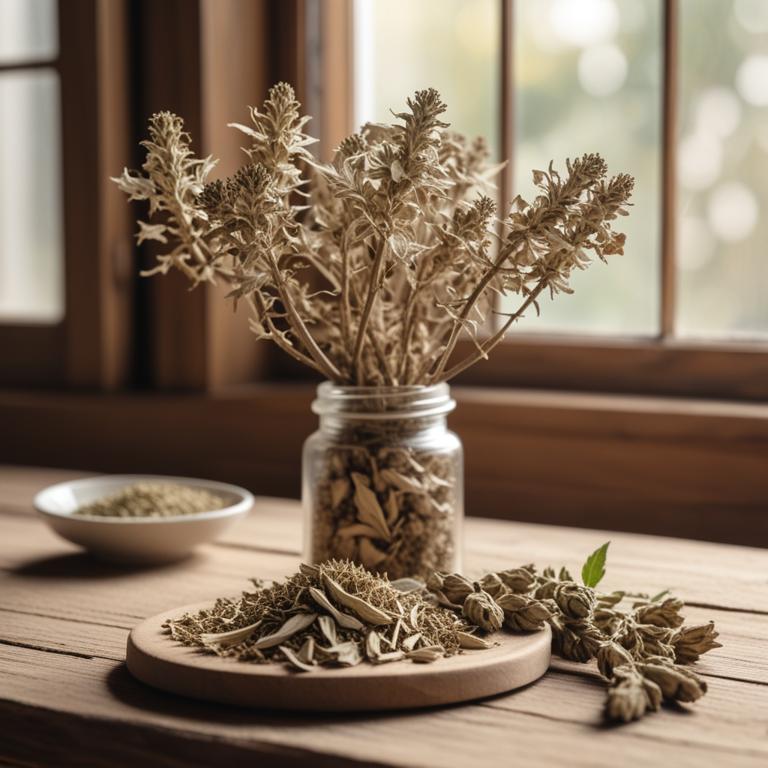
Causes of Aging: Natural Remedies with Medicinal Herbs and Preparations
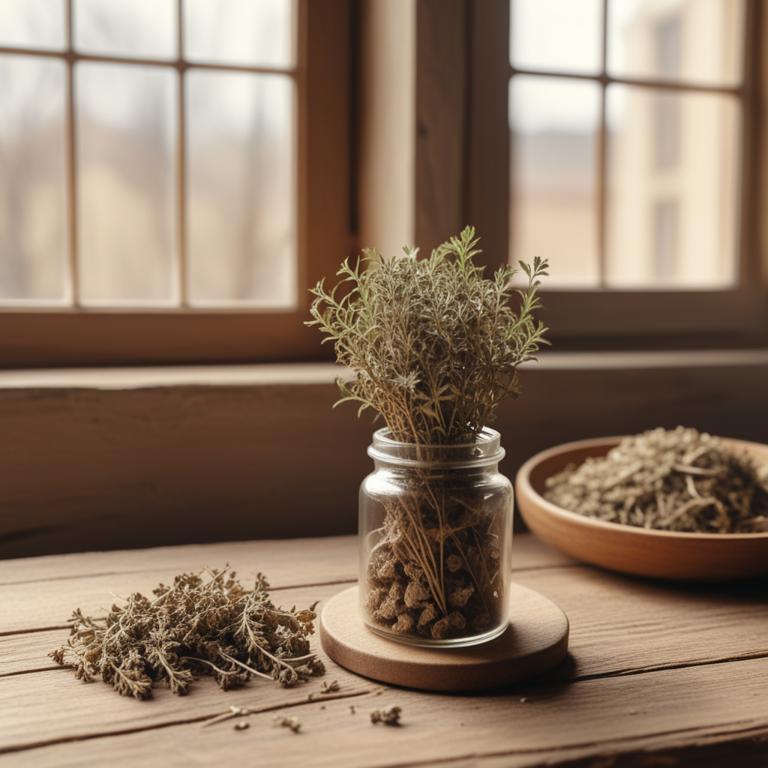
Understanding Hypothyroidism: Causes, Remedies, and Herbal Treatments
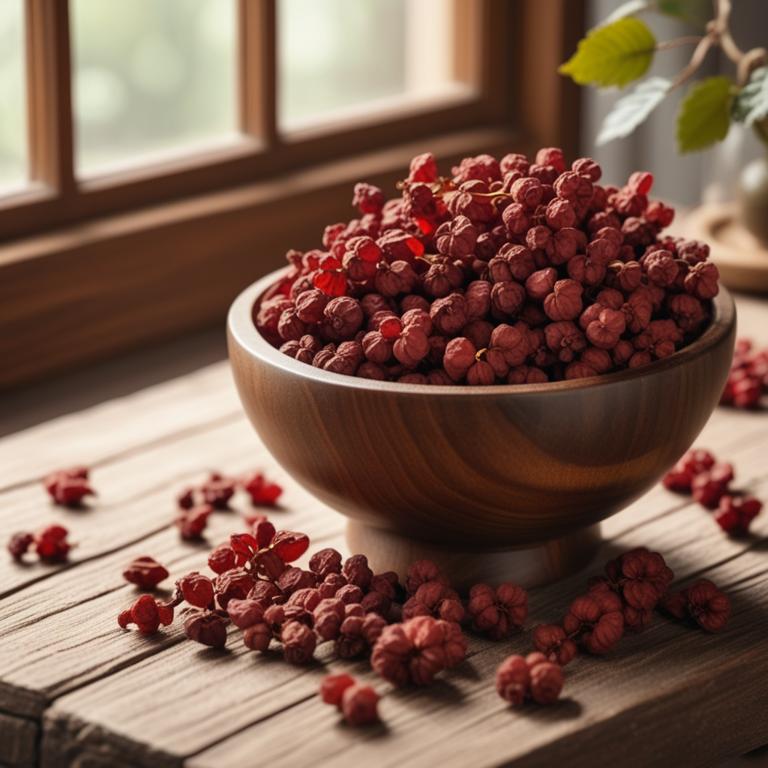
The Holistic Approach to Hyperthyroidism: Causes, Herbal Remedies, and Natural Treatments
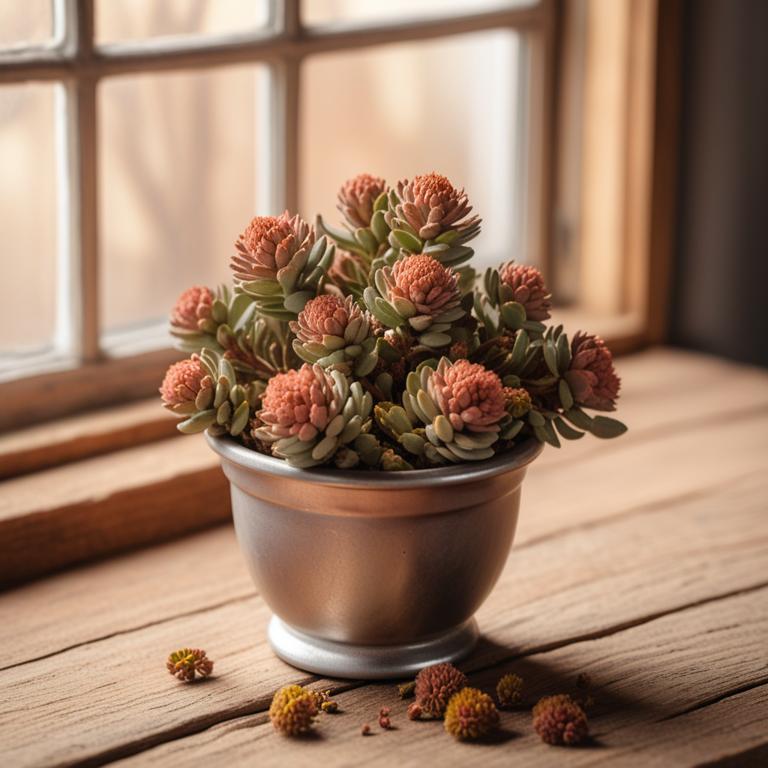
Understanding Adrenal Fatigue: Causes, Remedies, and Herbal Support
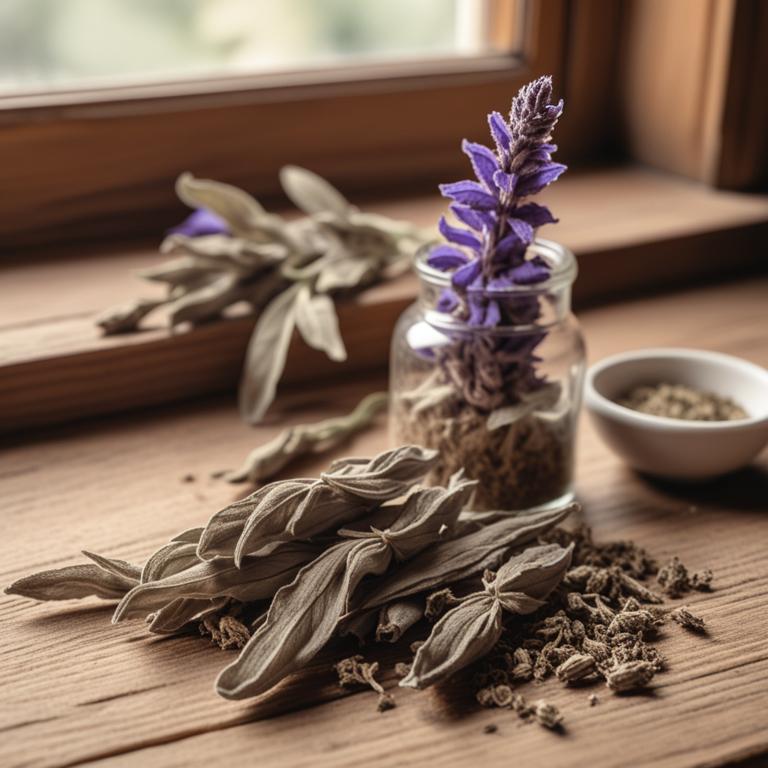
Managing High Cholesterol with Medicinal Herbs and Proven Preparations
